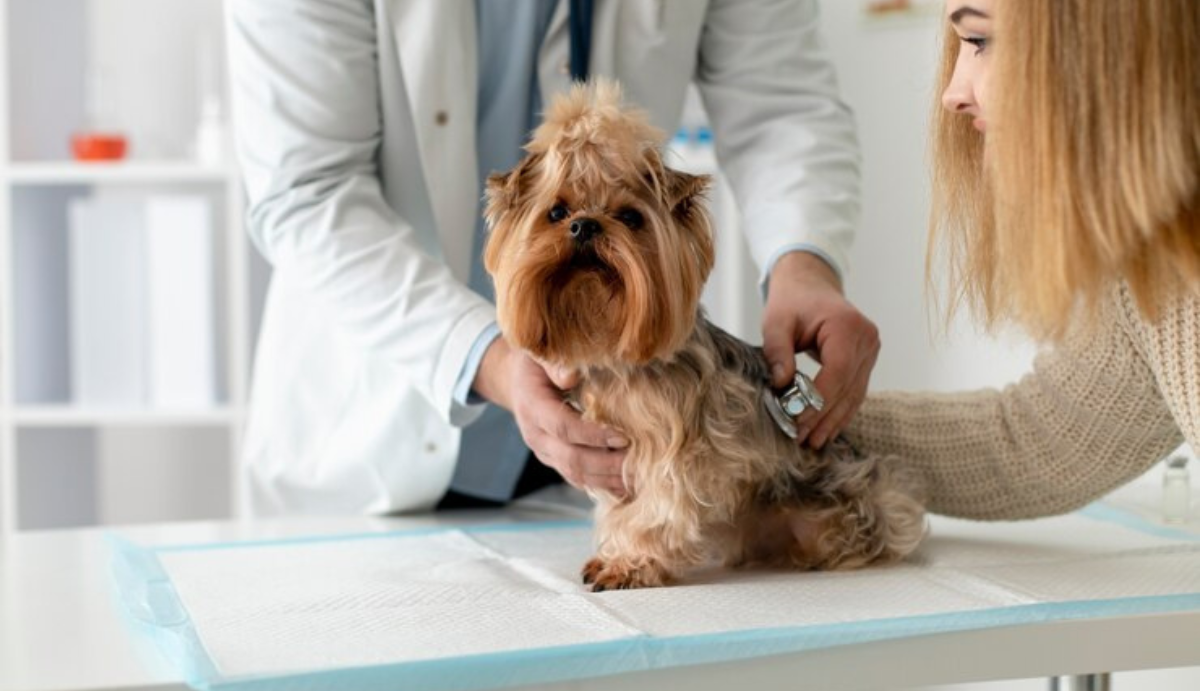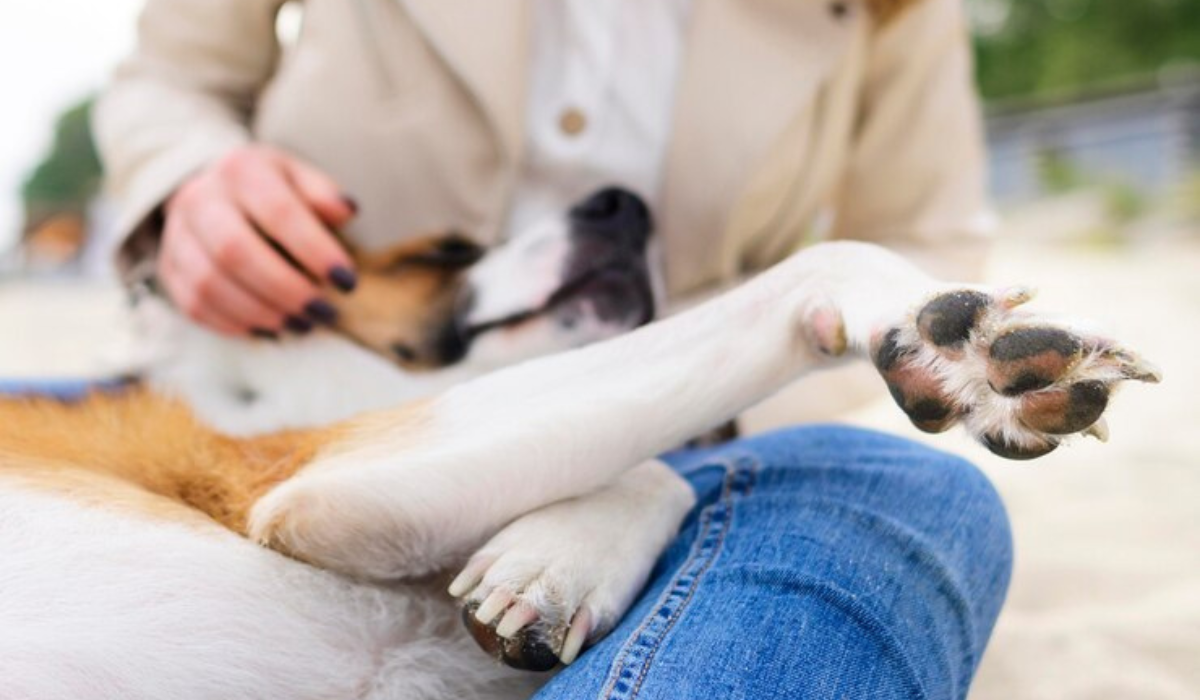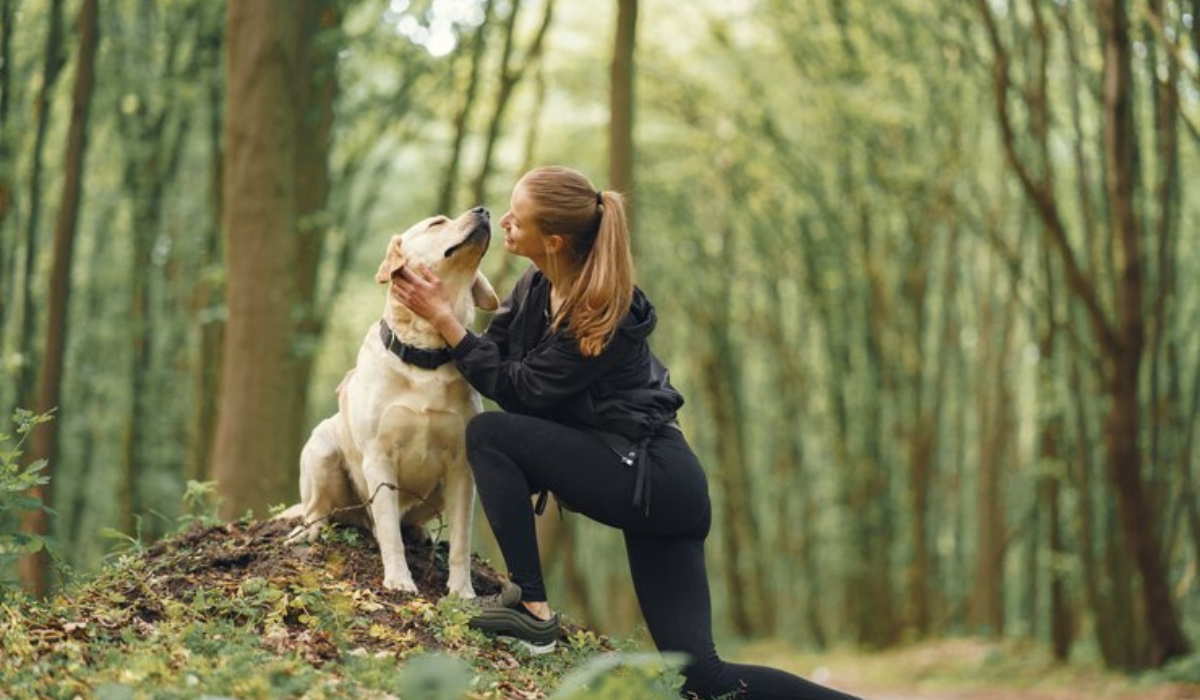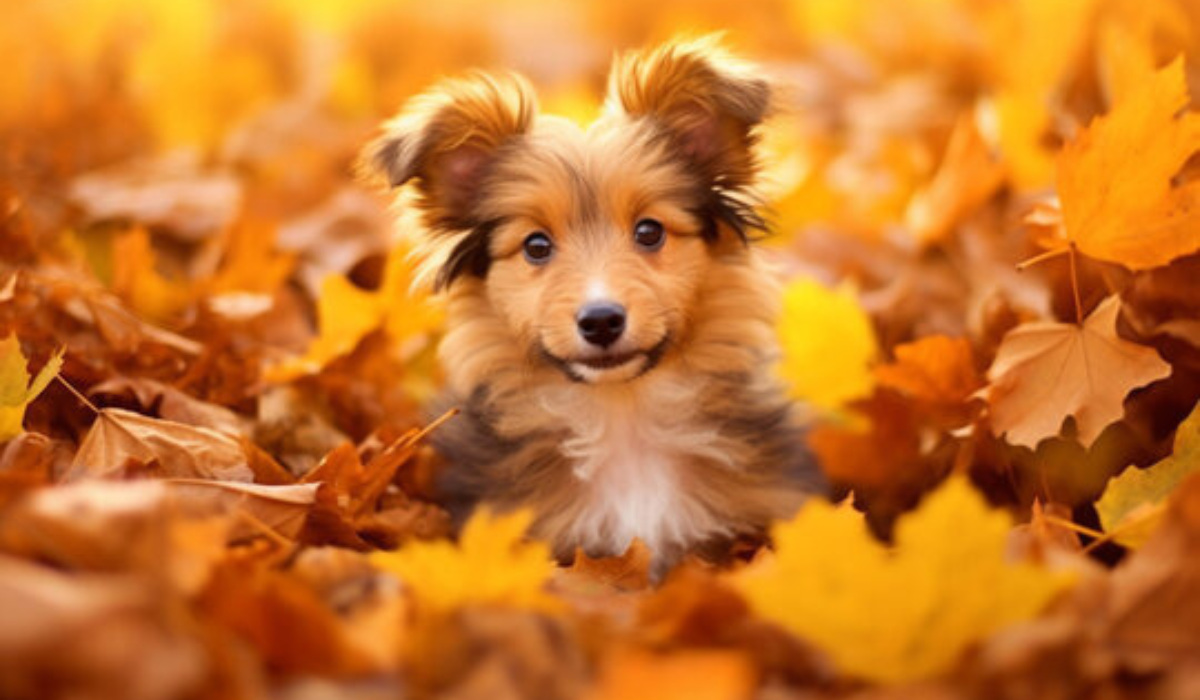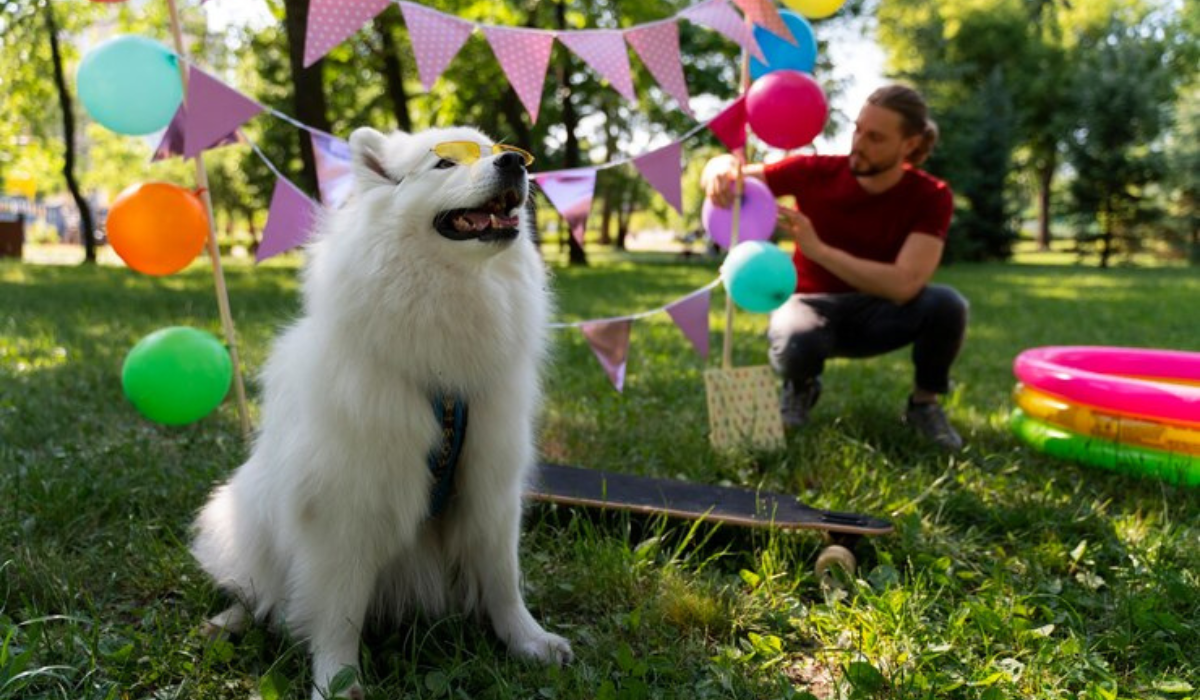If you are a hunter, or just fascinated by the traits of hunting dog breeds, it is important to consider carefully before bringing one home. Sporting Dogs, Hounds and Terriers all have distinct characteristics that are shaped by the hunting history of their breeds. This comprehensive guide will help you understand and meet the needs of your canine companions.
History and breeding:
The Origins of Partnership
Dogs were used by humans in ancient times to help them secure food. In the past, humans and dogs worked together to breed for certain hunting traits.
Specialized Traits:
Breeds of hunting dogs were carefully bred for tasks such as tracking, retrieving and treeing. These traits are responsible for their high levels of energy, intelligence and loyalty.
Hunting Dog breed considerations
Sporting Dog Breeds:Versatility:
The versatility of sporting dogs is recognized by clubs such as the AKC. They adapt well to different living conditions, both indoors and outdoors.
Intelligence and energy:
Sporting dogs can be intelligent, high-energy, and energetic companions. They require regular engagement, whether through play or training, to avoid boredom and behavioral problems.
Size and grooming:
There are many different sizes of sporting breeds to suit all living situations. Water dogs, such as Retrievers, require special care for their water-resistant fur.
Hounds:
Distinctive Traits:
Hounds have a keen sense of smell, and their vocalizations are distinctive. Although they are excellent hunters, their tendency to howl may not suit city life.
Scent Dogs
Beagles are excellent scent dogs. They can track interesting scents to bring home gifts and even unexpected items.
Endurance, Temperament and Character:
Some hounds bred to be endurance dogs may chase prey. Although not aggressive by nature, their instinctive hunting behavior requires proper training.
Terriers:
Unlikely Hunters
Terriers, despite their small size, were bred for pest control. Intelligent and spirited, their temperaments are often marked by their feistiness.
Feistiness and Intelligence
Terriers are known as feisty dogs with surprising hunting skills. Some Terriers may have a tendency to dig, which requires attention.
Consider a Hunting Breed
Fit for Life:
Understanding the history and characteristics of a hunting dog breed is essential to selecting it as a pet. To ensure compatibility, consider your lifestyle and your living space.
Exercise and Training
Hunting dogs thrive off mental stimulation and activity. Exercise, training and engagement are essential to prevent boredom, destructive behavior and encourage a harmonious relationship between the pet and its owner.
Companionship:
Hunting dogs are exceptional companions, both indoors as well as outdoors. By meeting their needs, you can create a lasting and fulfilling bond that is enriched by the centuries-old partnership formed through hunting.
To summarize, adopting a hunting canine involves understanding their breed-specific characteristics, recognizing their historic roots, and matching their needs to your lifestyle. These dogs are a treasured companion, embodying the spirit forged over centuries of hunting cooperation.
How to Care for Your Hunting Dog:
Hunting hounds, with their loyal nature and dedication to work, are indispensable in the field. Proper care is essential to ensure their health and efficiency in hunting. This comprehensive guide will help you care for your hunting dogs, from selecting the right breed to training and safety equipment.
Selecting the Right Breed
Research:
Do thorough research on your hunting style before selecting a hunting dog. Breeds have different traits and skills that are tailored for various hunting purposes.
Reputable Breeder:
Select a breeder with a good reputation who can offer guidance and make recommendations. Ask about the bloodline. Examine the parents and ask for references. A reputable breeder is happy to share the lineage of a puppy.
Healthy Diet:
Diet is important:
It is important to maintain a healthy diet for hunting hounds who are involved in strenuous activity. Choose a diet high in carbohydrates and protein to maintain energy levels and help with recovery.
Quality Food
Avoid fillers such as corn and grains. As your dog matures, start with a high-quality puppy food before switching to an adult formula.
Training:
Early Training
Start training your hound at an early age. Focus on the basics and get him used to being outdoors. Early training is the key to a well behaved hunting partner.
Professional Training
You may want to consider hiring a professional dog trainer as your hound matures. Professional trainers are able to teach advanced skills like retrieval and tracking in spite of distractions. This will improve the dog’s performance on the field.
Safety Gear
Reflective Vest
Wear a reflective vest that is blaze orange to ensure your dog remains visible. It is important to have high visibility, especially when hunting with other hunters.
First Aid Kit
Prepare a dog first-aid kit and become familiar with the basic procedures of first aid for dogs. Preparedness for an emergency ensures that you can provide prompt and effective treatment in the field.
Quality Collar
Invest in durable collars made of high-quality material. Brands such as Over Under Clothing sell collars that are designed to endure the rigors and stresses of hunting.
GPS Tracking Devices
If your dog is prone to wandering, you may want to consider GPS tracking devices. These devices give you peace of mind, and help locate your dog if they wander.
General Care Tips
Hydration:
Watch your dog’s hydration, especially when temperatures are high. Take frequent breaks and carry plenty of water to keep your dog hydrated.
Emergency Preparedness:
Prepare yourself for emergency situations by carrying the essential safety equipment. Your hunting hound needs to be able to respond quickly in an emergency.
Care for your hunting dogs involves a holistic approach that includes breed selection, nutrition and training as well as safety measures. Hunting hounds and their owners share a special bond. Proper care will ensure a long-lasting and fulfilling companionship.
Hunting with Dogs – A Complete Guide for Training and Equipping your Canine Companion
Hunting with dogs is an exciting way to enjoy the outdoors, and it fosters a bond between humans. No matter if your dog is an experienced hunter or novice, the right training and equipment are essential for a successful hunting experience. This is a complete guide on how to train and equip your hunting dog.
1. Gunshot Training
Gunshots may cause dogs to flee during a hunting trip. It is important to train your dog with gunshots to get them used to loud noises and to ensure their safety.
Start with retrieval drills
Start by throwing a decoy to the dog and firing from a distance of approximately 100 yards to make the sound associated with retrieving.
Gradually Reduce the distance:
As the dog gets used to the gunshots, gradually reduce the distance between him and the shooter. Reward good behavior and keep going until the dog is unfazed.
2. Obedience training:
The foundation for a successful hunt is obedience. Start obedience training early, and focus on simple commands such as sit/stay. This will help you maintain control in the excitement of a hunting trip.
3. Find Game:
Incorporate obedience training into your dog’s training to help him find and flush out wild game. Quartering drills help the dog cover more ground by zigzagging ahead. Bumpers guide the dog while reinforcing desired behavior.
4. Retrieving the Game
Train your dog by simulating hunting scenarios with decoys.
Training on Land and Water
Training sessions should be conducted on land and in water to help the dog become accustomed to different terrains and situations encountered during hunting.
Bird Boy Drills
Use a bird boy who will blow a duck-call and launch a bumper to simulate the experience of retrieving an injured bird. Train your dog to look up at the sky and find falling birds. Mark their location for retrieval.
Blind Retriever Training:
Blind retrieve training is a technique that uses hand signals and dog whistles to guide your dog to un-seen game. Praise and reward desired behaviors.
5. Test and reinforce skills:
Hunting tests and AKC Retriever Field Trials are a great way to improve your dog’s hunting abilities.
Evaluation and feedback:
Field trials and hunt tests are a great way to test your dog and get feedback from judges who have experience.
Active Engagement
These activities will keep your dog active mentally and physically during the off season, allowing them to maintain their hunting skills and enthusiasm.
6. Hunting Supplies
Pack essential items to ensure your dog’s comfort during the hunt.
Orange Safety Vest
Wear a blaze orange reflective vest on your dog to increase visibility and reduce the chance of an accident during a hunt.
First-Aid Kit:
Bring a first-aid kit for dogs that includes bandaging materials, wound care products, and emergency items to treat injuries or illnesses encountered on the field.
Buoyant Vest
Equip your dog with a vest that will ensure his safety and buoyancy when hunting waterfowl.
Hunting Blindly and Standing:
For your dog’s comfort, you can provide a hunting blind, or an elevated stand, to enhance their comfort, safety, and effectiveness during the hunt.
Water and Food Supply:
To keep your dog hydrated, you can pack water and food dishes along with treats, toys, and additional water bottles.
7. Other Tips
Keep Health and Identification:
Regularly schedule checkups and vaccinations for your dog to ensure their health and wellbeing. Update their ID tags with the most current information. Consider microchipping your dog for additional identification security.
Recall Training
For safety, train your dog to return on command. This will ensure that they are always within sight and in control.
Hunting with your dog is an enriching and rewarding experience. It requires a lot of training and preparation. You can improve your hunting experience by investing in your dog’s education and providing them with the appropriate gear.

